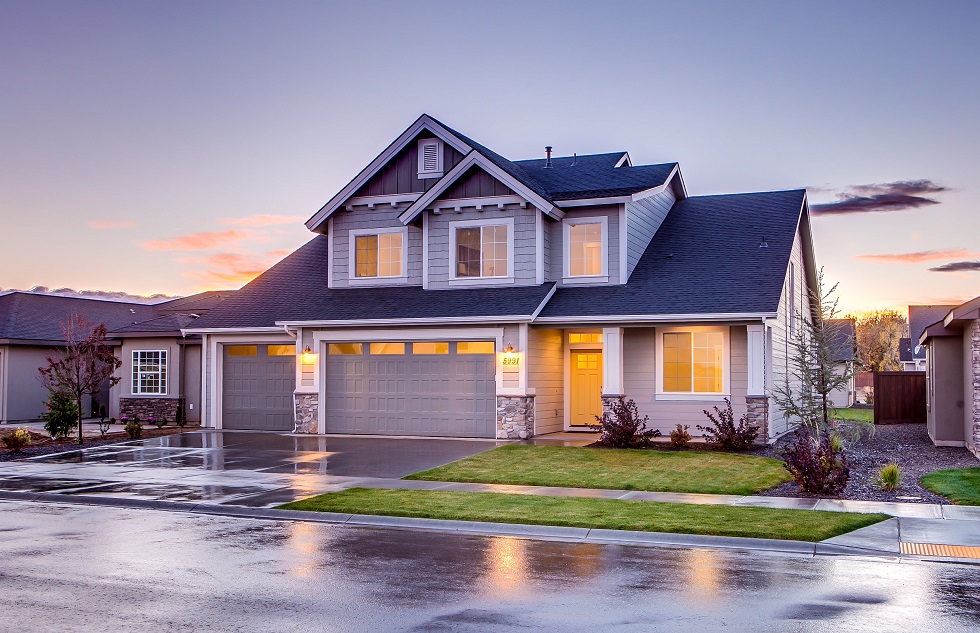Defending your Florida home: Identifying and preventing water damage
Water damage can wreak havoc on Florida homes, leading to significant financial and structural consequences. Understanding the root causes and taking proactive steps to prevent water damage is not just a matter of preserving the aesthetics of your living space; it’s a fundamental aspect of safeguarding your investment and ensuring the longevity of your home.
In this comprehensive guide, we will explore the common culprits behind water damage in homes and provide practical insights on how to mitigate these risks. From leaky roofs and plumbing issues to faulty appliances and foundation concerns, we’ll uncover the potential sources of water damage that every homeowner should be aware of.
Join us on this journey as we delve into the importance of regular inspections, proactive maintenance practices, and strategic upgrades to fortify your home against the damaging effects of water. Let’s empower you with the knowledge and tools needed to protect your home, giving you peace of mind and saving you from the financial burdens that water damage can bring. After all, a well-informed homeowner is a resilient homeowner.
A quick side-note: If your home has already suffered water damage and you are either looking to file a claim or have already filed a claim and are having difficulties with your insurance company, Landau Law is here to help. Contact us today for a free case review.
Common Causes of Home Water Damage
Water damage can stem from various sources within and around your home. Identifying these common causes is the first step in safeguarding your property. Let’s explore each potential culprit and learn how to address them effectively.
Leaky Roof and Windows
Signs of roof and window leaks:
- Water stains on ceilings or walls
- Dripping sounds during rain
- Mold or mildew growth in corners
How to inspect and maintain roofs and windows:
- Regularly check for missing or damaged shingles on the roof.
- Examine window seals for cracks or gaps.
- Ensure proper sealing around skylights and vents.
Importance of regular inspections and repairs:
- Schedule annual roof inspections by professionals.
- Conduct visual checks after severe weather events.
- Promptly repair any identified issues to prevent further damage.
Plumbing Issues
Common plumbing problems leading to water damage:
- Leaking pipes or faucets
- Burst pipes due to freezing temperatures
- Faulty water heaters
Tips for preventing pipe leaks and bursts:
- Insulate pipes in colder climates to prevent freezing.
- Fix leaks immediately, no matter how minor.
- Replace old or corroded pipes as part of regular maintenance.
Regular maintenance practices for plumbing systems:
- Schedule professional plumbing inspections annually.
- Check for water pressure irregularities.
- Monitor water bills for unexpected increases, which may indicate a hidden leak.
Faulty Appliances
Identifying appliances prone to leaks:
- Washing machines
- Dishwashers
- Refrigerators with ice makers or water dispensers
Maintenance tips for appliances:
- Check hoses and connections regularly for wear and tear.
- Replace hoses every 5-7 years, even if not visibly damaged.
- Clean and inspect the drip pans of refrigerators.
Upgrading to leak-resistant appliances:
- Consider appliances with automatic shut-off features.
- Invest in leak detectors for added protection.
- Choose models with high reliability ratings.
Poorly Maintained Gutters and Downspouts
Role of gutters and downspouts in preventing water damage:
- Directing rainwater away from the foundation
- Preventing soil erosion and basement flooding
- Protecting siding and exterior walls
Cleaning and maintaining gutters:
- Remove debris regularly, especially in fall.
- Ensure downspouts extend at least 5 feet away from the foundation.
- Check for sagging or damaged gutters and repair as needed.
Installing gutter guards for added protection:
- Explore gutter guard options to minimize debris accumulation.
- Consult with professionals for the best gutter guard system for your home.
Foundation Issues
How foundation problems can lead to water damage:
- Cracks in the foundation walls or floor
- Uneven or sloping floors
- Sticking doors and windows due to shifts in the foundation
Signs of foundation issues:
- Conduct regular visual inspections for cracks.
- Monitor changes in door and window operation.
- Seek professional evaluation if you notice any warning signs.
Solutions for repairing and preventing foundation-related water damage:
- Consult with a foundation specialist for a thorough assessment.
- Address foundation issues promptly to prevent further damage.
- Implement preventative measures such as proper landscaping and drainage.
Understanding these common causes of water damage and taking proactive measures will go a long way in protecting your home from the potentially devastating effects of water-related issues. In the next section, we’ll explore practical strategies for preventing water damage and maintaining a resilient home.
How to Prevent Home Water Damage
Prevention is the key to safeguarding your home from the detrimental effects of water damage. By adopting proactive measures and incorporating regular maintenance into your routine, you can significantly reduce the risk of water-related issues. Let’s delve into practical strategies to keep your home resilient against water damage.
Regular Home Inspections
Importance of routine home inspections:
Regular inspections serve as the first line of defense against potential water damage. By identifying issues early on, you can take corrective action before they escalate into more significant problems.
DIY inspection checklist for homeowners:
- Check for signs of water stains on ceilings and walls.
- Inspect windows and doors for gaps or deteriorating seals.
- Examine the attic for signs of leaks or condensation.
- Look for pooling water around the foundation after rain.
When to seek professional inspections:
While DIY inspections are valuable, it’s essential to schedule professional inspections annually. Professionals can provide a thorough evaluation, identifying hidden issues that may go unnoticed during routine checks.
Proactive Roof and Window Maintenance
Seasonal roof and window maintenance tips:
- Clean gutters and remove debris to prevent water accumulation.
- Inspect the roof for missing or damaged shingles, especially after severe weather.
- Seal any gaps around windows and doors to prevent water infiltration.
Hiring professionals for thorough inspections:
Professionals can conduct more in-depth assessments, especially in hard-to-reach areas. Consider hiring a roofing contractor to inspect your roof, ensuring any potential issues are addressed promptly.
Addressing issues promptly:
If you notice signs of roof or window damage during your inspections, address them promptly. Timely repairs can prevent water from infiltrating your home and causing further damage.
Plumbing Maintenance
Educating homeowners on basic plumbing maintenance:
- Regularly check for leaks under sinks and around appliances.
- Insulate pipes in colder climates to prevent freezing.
- Familiarize yourself with the location of the main water shut-off valve.
Importance of professional plumbing inspections:
Schedule professional plumbing inspections to identify hidden issues such as corroded pipes or potential leaks behind walls. Professionals can also assess the overall health of your plumbing system.
Upgrading plumbing systems for longevity:
Consider upgrading to more durable materials for pipes, and replace older plumbing systems as needed. Modernizing your plumbing can enhance its longevity and reduce the risk of leaks.
Appliance Care
Regular maintenance routines for appliances:
Follow manufacturer guidelines for maintenance of washing machines, dishwashers, and refrigerators.
Clean and inspect hoses and connections regularly.
Replace old or damaged hoses to prevent leaks.
Replacing old appliances to minimize risks:
If your appliances are reaching the end of their lifespan, consider investing in new, energy-efficient models. New appliances often come with advanced features that reduce the risk of leaks.
Utilizing water leak detectors:
Install water leak detectors near appliances and in areas prone to water damage. These devices can provide early warnings, allowing you to address leaks before they escalate.
Gutter and Downspout Management
Proper gutter cleaning schedules:
Clean gutters at least twice a year, especially in the fall when leaves are likely to accumulate.
Remove any debris or obstructions that could impede water flow.
Installing downspout extensions:
Ensure downspouts extend at least 5 feet away from the foundation. This prevents water from pooling around the home and seeping into the basement or crawl space.
Investing in gutter maintenance services:
Consider professional gutter maintenance services to ensure thorough cleaning and inspections. Professionals can identify and address potential issues more efficiently.
Landscaping and Grading
Importance of proper landscaping for water drainage:
- Plan landscaping to direct water away from the foundation.
- Use mulch to prevent soil erosion and promote water absorption.
How grading can prevent water pooling around the home:
Ensure that the ground slopes away from the foundation. Proper grading prevents water from collecting around the home, reducing the risk of foundation-related water damage.
Consulting with professionals for landscaping advice:
Seek advice from landscaping professionals to create a water-efficient and drainage-friendly landscape. Professionals can help design solutions tailored to your property.
By incorporating these preventive measures into your homeownership routine, you can significantly reduce the risk of water damage to your home. In the next section, we’ll explore the importance of staying vigilant and addressing potential water damage promptly to maintain a resilient and secure living environment.
Florida Property Damage Attorneys
In conclusion, understanding and addressing the common causes of home water damage are pivotal steps in protecting your investment and ensuring the longevity of your living space. We’ve explored how leaks, plumbing issues, faulty appliances, poorly maintained gutters, and foundation concerns can contribute to water damage, emphasizing the need for proactive measures.
By incorporating routine home inspections, engaging in proactive roof and window maintenance, practicing plumbing and appliance care, managing gutters and downspouts effectively, and considering landscaping and grading strategies, you can significantly reduce the risk of water-related issues.
It’s crucial to stay vigilant, as early detection and timely intervention are key to preventing water damage from escalating into more significant problems. Regular maintenance, coupled with a keen eye for potential issues, empowers homeowners to create a resilient and secure environment for themselves and their families.
As you embark on your journey to safeguard your home, we encourage you to share your own prevention tips and experiences. Your insights can contribute to a collective knowledge base, helping homeowners everywhere fortify their homes against water damage. Together, let’s build a community that prioritizes proactive measures and resilient living.
Thank you for joining us in this exploration of home water damage prevention. Here’s to homes that stand strong against the challenges of water, ensuring a safe and secure haven for years to come.
If you have suffered water damage and either need to file a claim or are having difficulty with your insurance company, Landau Law can help! Contact us today for a free case consultation.
Florida Property Damage Lawyers
Property Damage Blog Posts
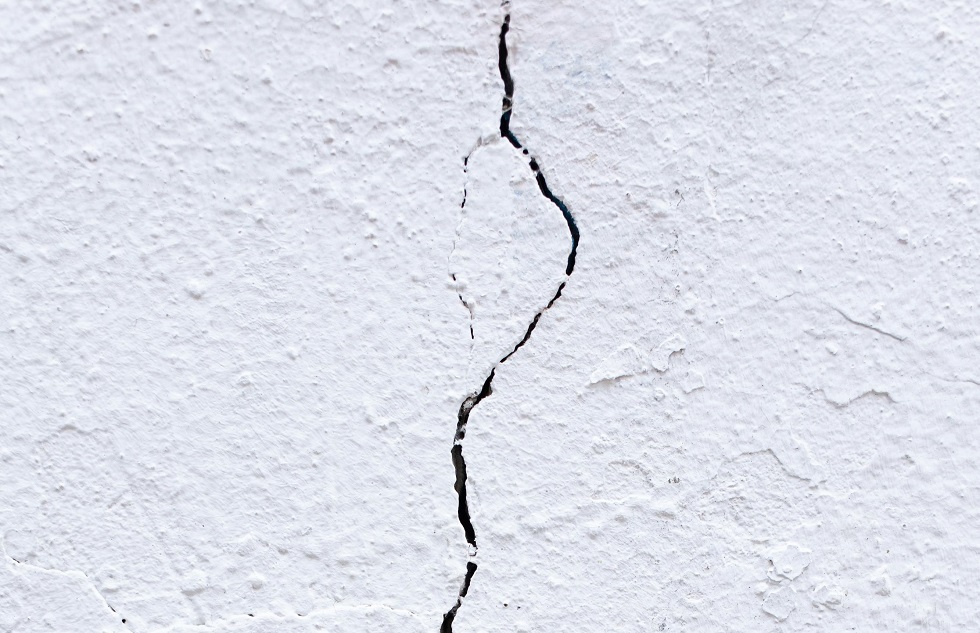
How Do Home Insurance Companies Determine Pre-existing Damage?
Home insurance companies employ various methods to assess pre-existing damage when evaluating property damage claims. This process is crucial for insurers to determine the validity and extent of coverage for property damage. Insurance adjusters conduct thorough visual...

Signs Your Insurance Adjuster Estimate Is Too Low
Insurance claims can be complex, and receiving an adjuster's estimate that seems too low is a common frustration for policyholders. Recognizing the signs of an undervalued estimate is crucial to ensure fair compensation for property damage or losses. Key indicators of...
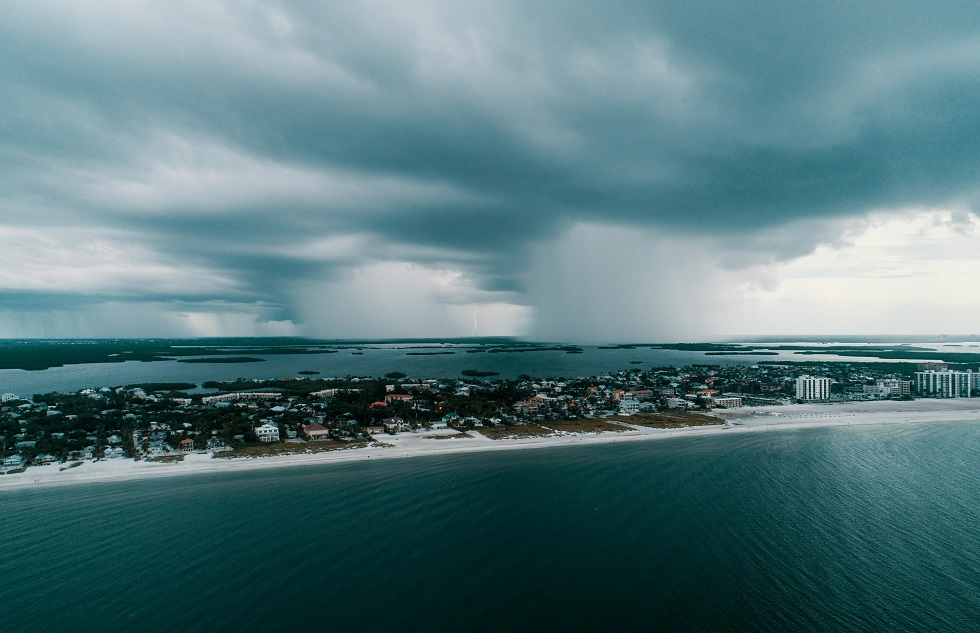
Why Does Florida Have So Many Hurricanes?
Florida is renowned for its beautiful beaches, vibrant culture, and, unfortunately, its frequent encounters with hurricanes. The state's unique geographical location and climate conditions make it particularly vulnerable to these powerful storms. Florida's position on...
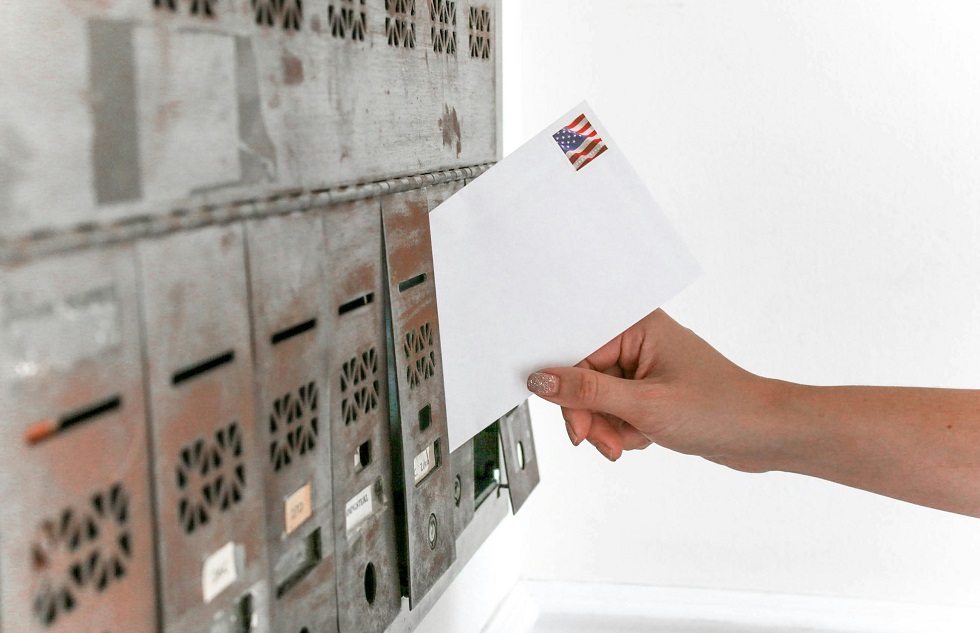
What To Do If You’re Denied Hurricane Damage Claim For Home
Hurricane damage can be devastating for Florida homeowners, leaving them in a state of distress and financial uncertainty. When insurance claims for such damage are denied, it adds another layer of stress to an already difficult situation. Facing a denied claim...
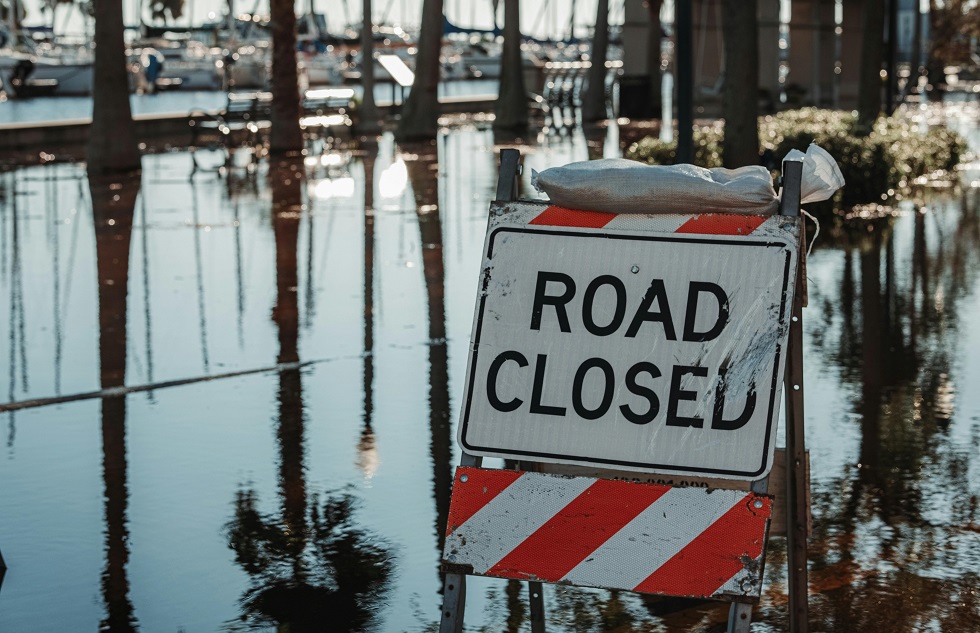
Guide To Documenting Damages For A Florida Flood Claim
Proper documentation of flood damage is crucial for a successful insurance claim in Florida. When floodwaters recede, homeowners face the daunting task of assessing and recording the extent of their losses. Thorough documentation, including photos, videos, and...

What To Do If You Disagree With A Home Insurance Adjuster
Dealing with a home insurance claim can be stressful, especially when you disagree with the adjuster's assessment. Many homeowners find themselves in this frustrating situation after experiencing property damage or loss. If you disagree with the insurance adjuster's...

How To Sue Your Neighbor for Property Damage in Florida
Property damage disputes between neighbors can quickly escalate, turning once-friendly relationships sour. If you're facing significant property damage caused by a neighbor in Florida, legal action may be necessary to protect your interests and recover damages. In...

Common Reasons Your Florida Hurricane Damage Insurance Claim May Be Denied
Florida homeowners face a daunting challenge when their hurricane damage insurance claims are denied. Understanding the common reasons for these denials can help you navigate the claims process more effectively. Insurance companies may deny claims due to inadequate...




